Plasmid DNA Vaccine Shows Promise in Patients with Advanced-Stage ERBB2+ Breast Cancer
New research in JAMA Oncology found that a plasmid DNA vaccine encoding the ERBB2 intracellular domain is associated with induction of immunity in patients with advanced-stage ERBB2 (formerly HER2)-positive breast cancer.
The phase 1 trial found such immunity at every administered dose of the vaccine, although the 100 μg and 500 μg doses were the most immunogenic, and that it was associated with the generation of significant persistent levels of ERBB2 type 1 T-cells in most patients.
Although elevated levels of ERBB2-specific type 1 T-cells in the peripheral blood may be associated with favorable clinical outcomes following trastuzumab therapy, only a minority of patients develop measurable ERBB2 immunity after treatment. Vaccines designed to increase ERBB2-specific T-helper cells could induce ERBB2 immunity in the majority of patients.
The researchers sought to determine if a plasmid DNA vaccine encoding the ERBB2 intracellular domain could not only be administered safely but also and generate dose-dependent ERBB2-specific immunity.
The trial comprised 66 patients with advanced-stage ERBB2-positive breast cancer—all of whom presented to an academic medical center between 2001 and 2010—with 10-year post-vaccine toxicity assessments.
Participants were sequentially enrolled to one of three vaccine dose arms: 10 μg, 100 μg, and 500 μg. In each case, the vaccine was administered intradermally once a month for three immunizations. To evaluate immunity, the researchers collected peripheral blood mononuclear cells; DNA persistence was assessed through a biopsy of the vaccine site at weeks 16 and 36. Finally, toxicity was evaluated at 3, 6, and 12 months.
After adjusting for baseline factors, individuals who received the 100 μg and 500 μg doses vaccine demonstrated significantly greater levels of ERBB2 ICD type 1 immune responses at most time points than did their counterparts who received the 10 μg vaccine dose.
Nevertheless, the average magnitude of ERBB2 ICD immunity did not significantly differ between patients who received the 100 μg and 500 type μg doses. On the other hand, the 500 μg dose was associated with the greatest incidence of persistent DNA at the injection site. Immunity waned with DNA persistence at the injection site.
In terms of tolerability, the study found that most vaccine-related toxic effects were grade 1 (98% of patients) and grade 2 (44% of patients) and did not differ significantly between dose arms.
Most toxic effects observed more than a year following vaccination were unrelated to the vaccination itself. In light of these findings, the investigators concluded that immunization with ERBB2 intracellular domain DNA is not only safe in both the short- and long-term, but that the vaccine dose was significantly associated with the magnitude and persistence of immunity.
--
Reference:
jamanetwork.com/journals/jamaoncology/article-abstract/2797975?appId=scweb
Disclosures: Authors declared financial ties to drugmakers. See full study for details.
Photo Credit: Getty Images.
By Michael Vlessides, MD /alert Contributor
.jpg)

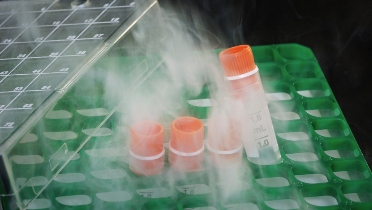
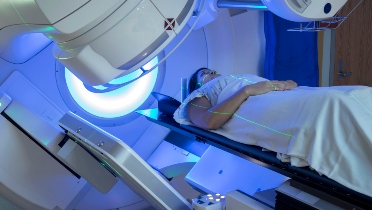

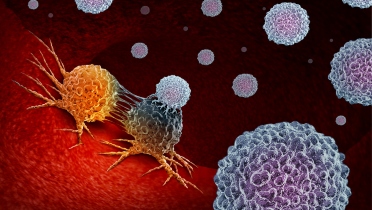

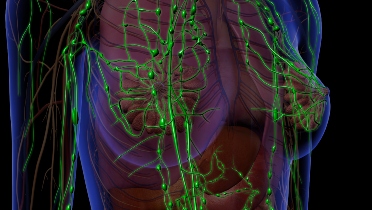

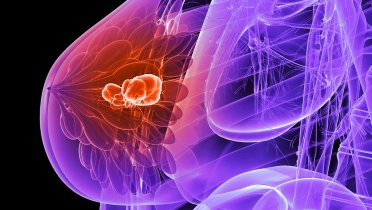
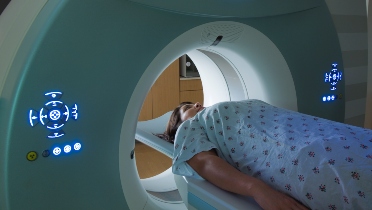



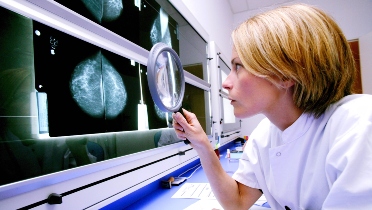

.jpg)
.jpg)
.jpg)
.jpg)
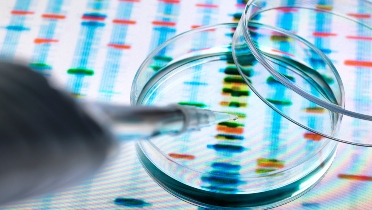
.jpg)
.jpg)
.jpg)
.jpg)


.jpg)
.jpg)
.jpg)
.jpg)

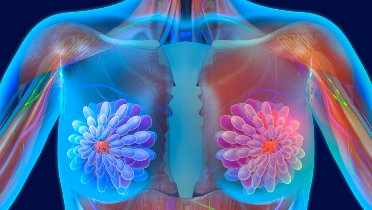

.jpg)

.jpg)
.jpg)
.jpg)
.jpg)


.jpg)
.jpg)

.jpg)
.jpg)
.jpg)
.jpg)
.jpg)
.jpg)
.jpg)
.jpg)
.jpg)
.jpg)
.jpg)
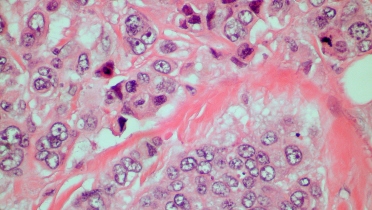
.jpg)
.jpg)
.jpg)

.jpg)
.jpg)
.jpg)


.jpg)
.jpg)
.jpg)
.jpg)
.jpg)
.jpg)
.jpg)

.jpg)
.jpg)
.jpg)

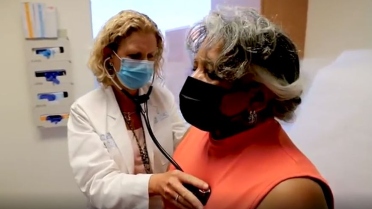

.jpg)
_.jpg)
.jpg)

.jpg)

.jpg)
.jpg)
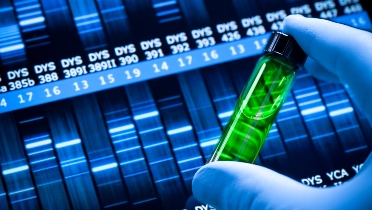
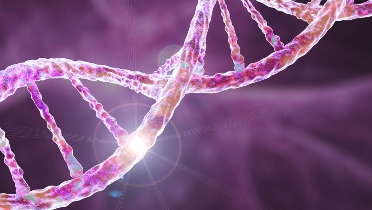
.jpg)
.jpg)
.jpg)
.jpg)
.jpg)
.jpg)
.jpg)
.jpg)
.jpg)
.jpg)
.jpg)
.jpg)
.jpg)
.jpg)
.jpg)
.jpg)
.jpg)
.jpg)
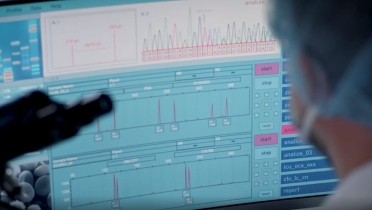
.jpg)
.jpg)


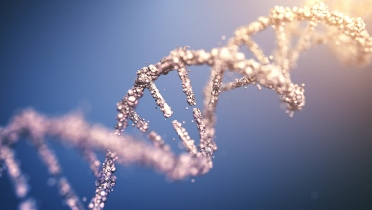
.jpg)
.jpg)
.jpg)
.jpg)
.jpg)
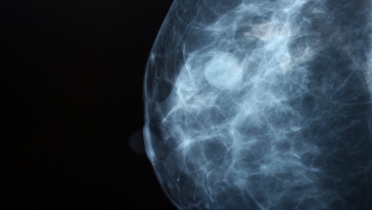




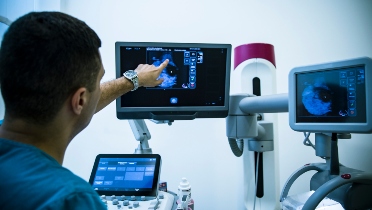
.jpg)
.jpg)
.jpg)
 Featured Breast Cancer Videos
Featured Breast Cancer Videos.jpg)